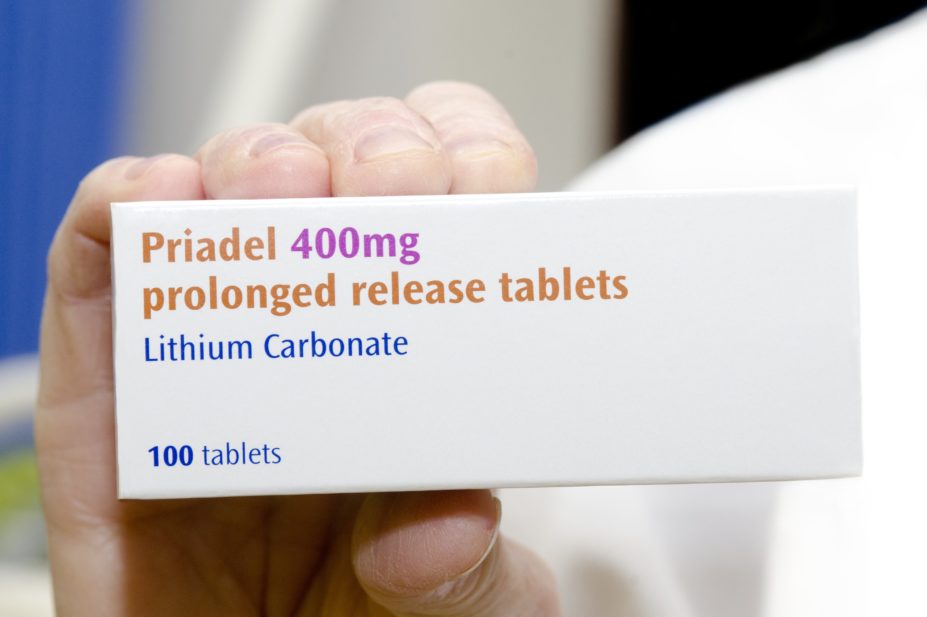
DR P. MARAZZI / SCIENCE PHOTO LIBRARY
The manufacturer of first-line bipolar disorder treatment Priadel is discontinuing production of the medicine, the Medicines and Healthcare products Regulatory Agency (MHRA) has announced — causing concerns that patients could relapse and face hospital admission.
A supply disruption alert (SDA) issued by the MHRA on 21 August 2020 said Essential Pharma Ltd will be discontinuing production of both Priadel 200mg and 400mg modified-release tablets in the UK, with supplies expected to be exhausted by April 2021.
Priadel is a lithium carbonate medicine prescribed for use in bipolar disorder, as well as treatment of recurrent depression and aggressive or self-harming behaviour. Some 757,323 items of both strengths of Priadel were prescribed in the 12 months between June 2019 and May 2020.
This far exceeds the prescribing of alternate brands, with 11,519 items of Camcolit (Essential Pharma) 400mg modified-release tablets, 11,586 items of Essential Pharma’s generic lithium carbonate 250mg tablet and 3,170 items of Liskonum (Teofarma) 450mg modified-release tablets prescribed in the same 12-month period.
The alert advises prescribers to switch patients to one of these available alternate brands at the nearest equivalent dose.
However, the MHRA notes that clinical advice is “that patients must be maintained on the same brand of lithium to ensure that a consistent serum lithium level is maintained.
“The switching of brands necessitated by this SDA will require individualised determination of dose, close monitoring of serum lithium levels and vigilance for relapse and tolerability in all cases.”
All patients whose medication is switched should have individualised management plans, the MHRA alert said, adding that a brand switch “requires the same precautions as an initiation of treatment” — with particular attention paid to monitoring requirements, including checking lithium levels seven days after the switch.
Asta Prajapati, a consultant pharmacist at Norfolk and Suffolk NHS Foundation Trust, is currently undertaking research into medicines adherence in patients with bipolar disorder.
Prajapati said that if not appropriately managed, “discontinuation of Priadel may risk non-adherence in some patients, leading to relapse and hospitalisation”.
However, he added that the discontinuation “also provides an opportunity for clinicians to review their patients on Priadel, optimise their treatment, ensure they have their ‘lithium treatment pack’ — sometimes known as the lithium purple pack — and counsel patients”.
Patients should “be encouraged to report any changes in their symptoms after switching: e.g. symptoms indicating toxicity or lack of efficacy”, Prajapati continued. Mental health pharmacy teams “have a leading role to play to minimise the impact of Priadel discontinuation on the patient’s outcome”.
He added: “However, we also need to understand that lithium is sometimes used outside of mental health, such as in cluster headache (off licence). In such cases, it may be necessary to refer patients to neurologists.”
The Royal College of Psychiatrists warned in a statement on 3 August 2020 that it was aware that Priadel was expected to be discontinued by the manufacturer.
It said the College is “working with the Department of Health and Social Care and various NHS services to develop relevant guidance for clinicians and patients, and expect this to become available soon”.


